Sunak government scraps plan to relocate UK embassy to occupied al-Quds
The government of new UK Prime Minister Rishi Sunak has abandoned a plan put forward by his predecessor Liz Truss for moving the UK embassy from Tel Aviv to occupied al-Quds.
A spokesperson with the UK government said on Thursday that “there are no plans to move the British embassy.”
Back in September, former UK PM Truss had pledged outgoing Israeli prime minister Yair Lapid that she would review the relocation plan.
The decision had drawn backlash from Palestinian groups and people, regional countries, and church leaders.
By moving the British embassy to occupied al-Quds, Truss was seeking to follow in the footsteps of Donald Trump, the former President of the United States, who moved the US embassy to al-Quds despite worldwide condemnations.
At the time when Washington implemented the illegal move, then then-Prime Minister Theresa May said the UK had no plans to move its embassy and publicly disagreed with the US move.
The embassy relocation plan was first proposed by Truss in a letter to Conservative Friends of Israel (CFI), a pro-Israel lobby group, earlier this year.
Israel lays claim to the entire al-Quds, but the international community views the city’s eastern sector as occupied territory while Palestinians consider it the capital of their future state.
Meanwhile, al-Quds is at the heart of the Palestinian conflict in the past decades as Palestinians insist that East al-Quds was illegally occupied by the regime in 1967 and it should serve as the capital of a Palestinian state.
‘Much work needed to amend Balfour Declaration injustice’
In a statement on Wednesday, Palestinian ambassador to London Husam Zomlot welcomed the Sunak government's decision, also appreciating all those who “helped keep the UK in line with international law.”
“There is much work to be done to create a conducive environment for peace in the Middle East and make amends for the historic injustice caused by the Balfour Declaration, 105 years ago,” he added.
The Balfour Declaration came in the form of a letter from Britain’s then-foreign secretary, Arthur Balfour, addressed to Lionel Walter Rothschild, a figurehead of the British Jewish community. It was published on November 2, 1917.
The declaration was made during World War I (1914-1918) and was included in the terms of the British Mandate for Palestine after the dissolution of the Ottoman Empire.
It is widely seen as the precursor to the 1948 Palestinian Nakba, when Zionist armed paramilitary groups, who were trained and created to fight side by side with the British in World War II, forcibly expelled more than 750,000 Palestinians from their homeland.
VIDEO | Struggles of Palestinian women amidst war, displacement
VIDEO | Hezbollah rains attack drones down on elite Israeli brigade
VIDEO | US biased mediation fails
Leader: All captains of criminal, Zionist, terrorist gang must be prosecuted
Iran further raises its oil prices for Chinese buyers: Report
Iran to launch major pressure-boosting projects in South Pars
VIDEO | Escalation amid ceasefire talks
EU's Borrell says ICC arrest warrants for Israeli leaders binding


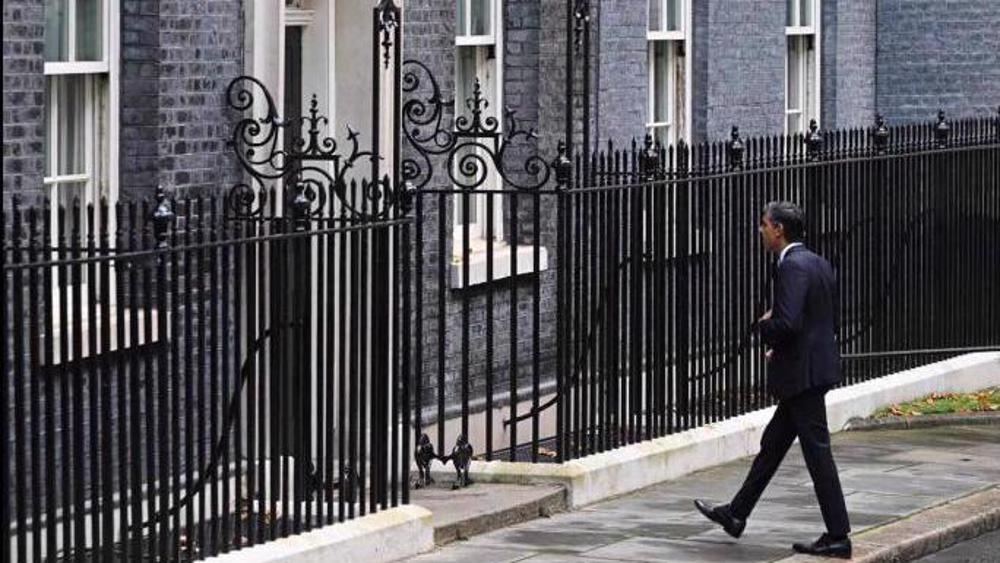

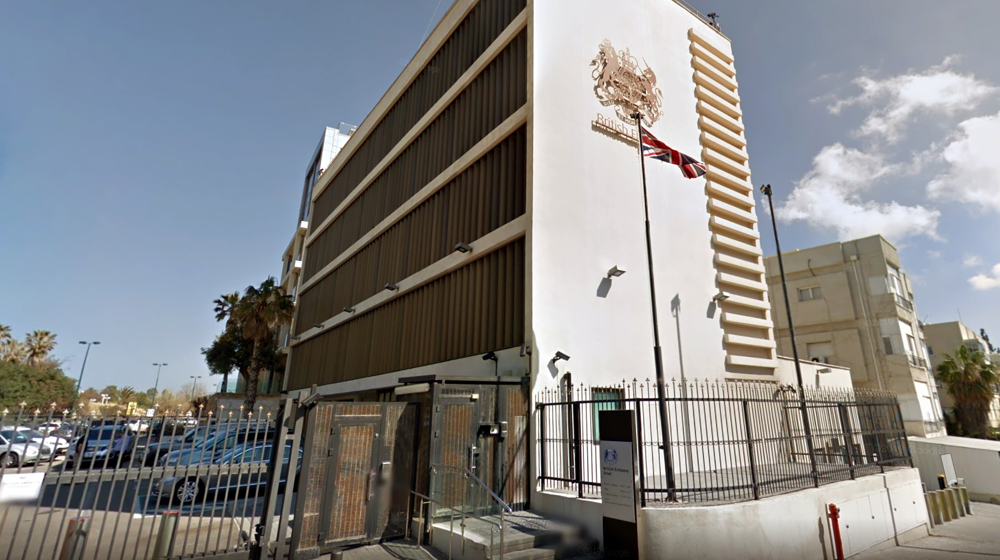
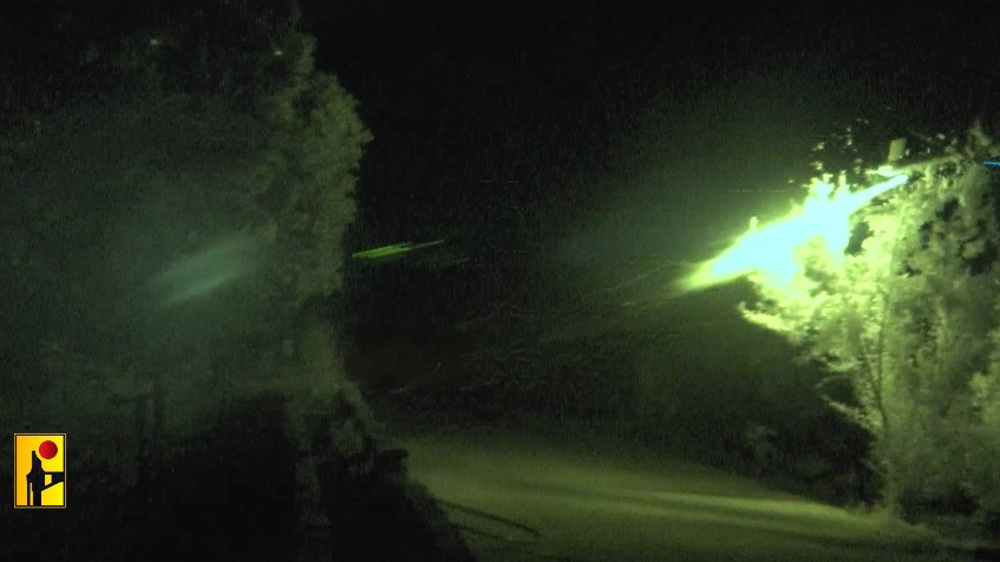






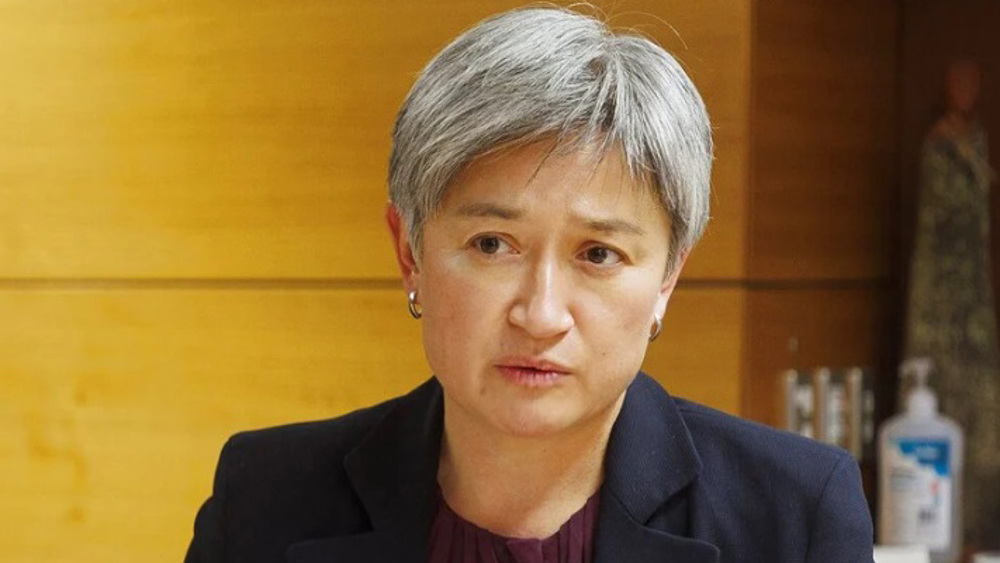

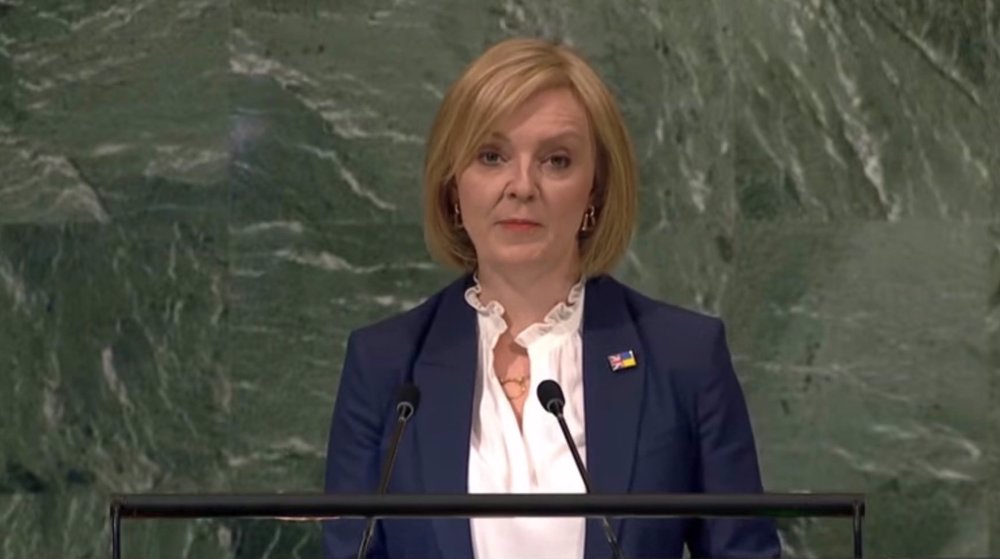
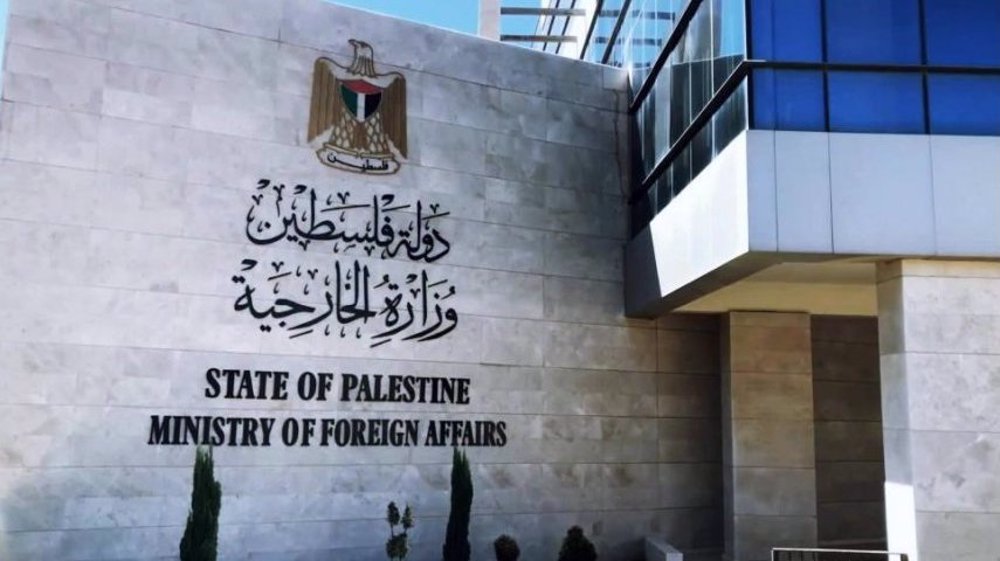
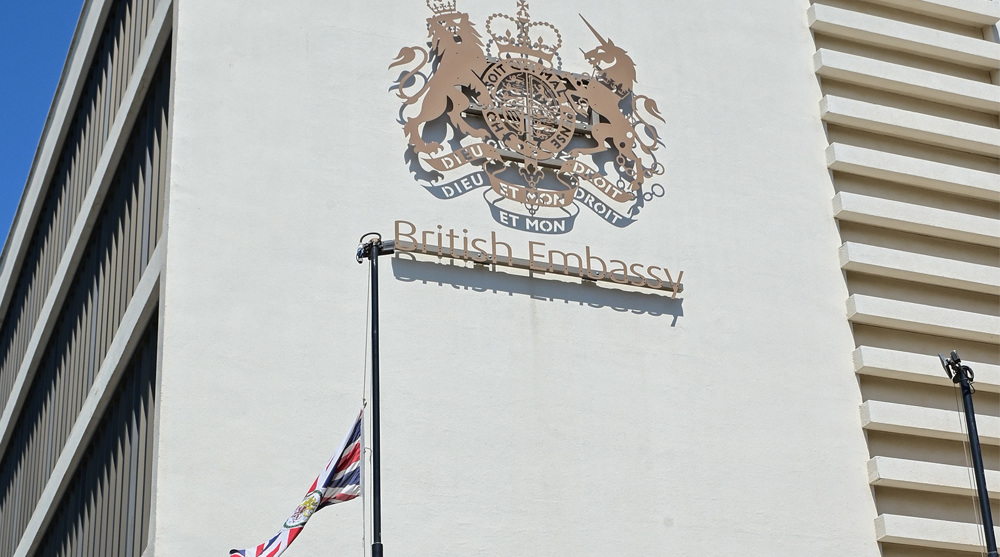

 This makes it easy to access the Press TV website
This makes it easy to access the Press TV website